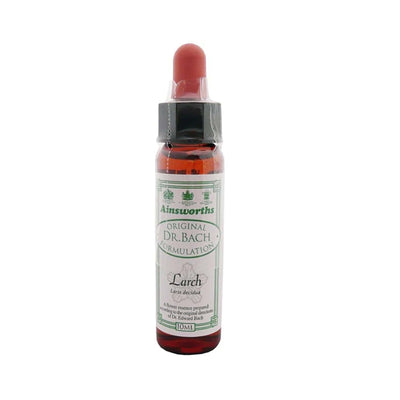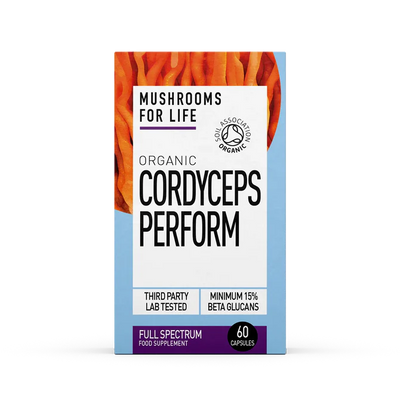Discussing Anxiety & Gut
With 22% of women* in the UK saying they feel anxious 'most of the time', we need to do everything in our power to boost our mental and physical wellbeing. Those with high levels of stress have been shown to be less happy and more prone to illness – but please don’t let that stress you out!
The good news is we’re learning evermore ways to build resilience, tools and knowledge to help ourselves and each other to cope.
From meditation to cold-dipping in the sea, to having a laugh with loved ones, we’re full of ways to blow off steam. But what about the role of your internal landscape? The relationship between gut health and anxiety is something that we find fascinating.
Low levels of serotonin are associated with stress and low mood, and dopamine is associated with feelings of pleasure. Amazingly, the gut produces a huge majority of these neurotransmitters, in fact around 90% of the body’s serotonin and 50% of the body’s dopamine!
Research has also found bacteria help make gamma-aminobutyric acid. GABA is a neurotransmitter that has a calming effect on the brain, and is actually available on prescription in some countries. In the UK it is not – but that’s okay because we can take probiotics to help us produce our own ‘happy hormones’, naturally in the tummy.
As well as taking something like Bio-Kult or Optibac, we know that the types of foods we eat directly affect our health in all sorts of ways, from our mood to our weight to our energy levels. Eating slow-burning wholefoods higher in veg, protein and ‘good’ fats will help keep us on an even keel mentally, and will nourish our friendly bacteria. Probiotic-rich foods include natural yoghurt, kefir (a fermented milk drink) and sauerkraut (fermented cabbage).
Come by the shop to dig deeper into how supporting your gut may help ease your stress levels.
*By the way, just because women are twice as likely to be diagnosed with stress related illnesses as men doesn’t mean men aren’t suffering too – it may mean they aren’t talking about it. This can affect any of us, including kids as well.
If you feel overwhelmed or that you can’t cope, please contact your GP or one of many mental health organisations, such as Mind (mind.org.uk) or ManUp (manup.how), who may be able to help.





